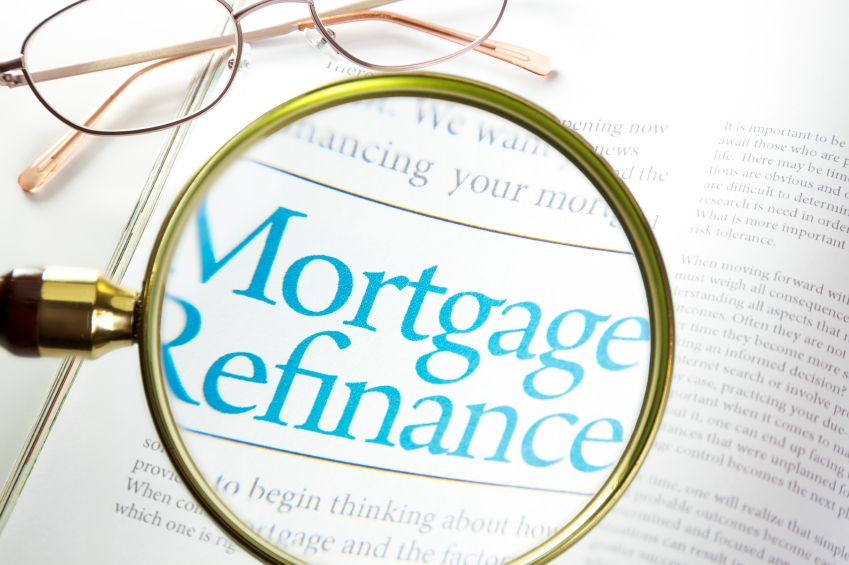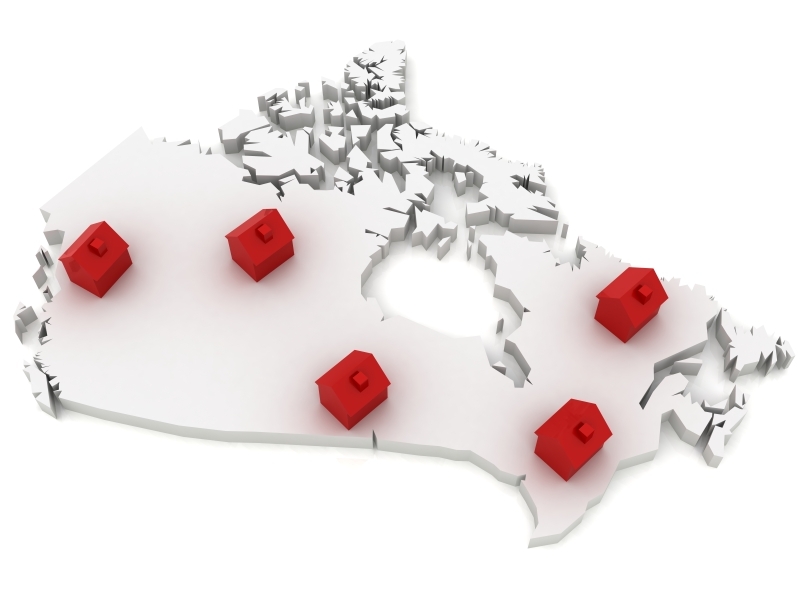It’s time to start bargaining!
It goes without saying that you would like to secure the lowest possible mortgage rate. With that being said, negotiating your best mortgage rate will entail some homework. This way, you’ll be able to work out a fair request. Here are a few tips on how to negotiate the best Canadian mortgage rate.
1. Be Honest
Your mortgage agent will ask you a number of questions to see what best suit your needs. Tell the truth.
2. Ask Questions
If you’re confused about something, don’t hesitate to ask. Only a small group of people actually understand the ins and outs of mortgages, so don’t be shy!
3. Pay Attention to the Details
Don’t just look at the low mortgage rate your agent is offering. What prepayment options are available? Is the mortgage portable? What happens if you need to move or break the mortgage contract? Are there any transfer fees?
4. Challenge the Mortgage Rate
Ask your mortgage broker to compare mortgage rates at banks, local credit unions, and non-traditional lenders. It’s his or her job to find the rate that best suits your needs.
5. Don’t Lie
Chances are your mortgage specialist will know and you’ll ruin the relationship you’re trying to build.
6. You Can’t Get What You Don’t Ask For
Ask your mortgage broker about additional offers and bonuses.
7. Be Realistic
It’s important to note that your mortgage broker isn’t a miracle worker. Sometimes he or she won’t be able to find a lower rate. With that being said, just because you’ve had some financial hardships in the past doesn’t mean you can’t try to get a good deal! Work with your mortgage broker in order to review all available options.




